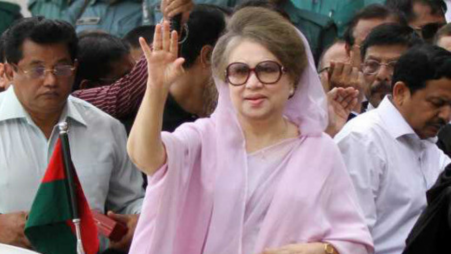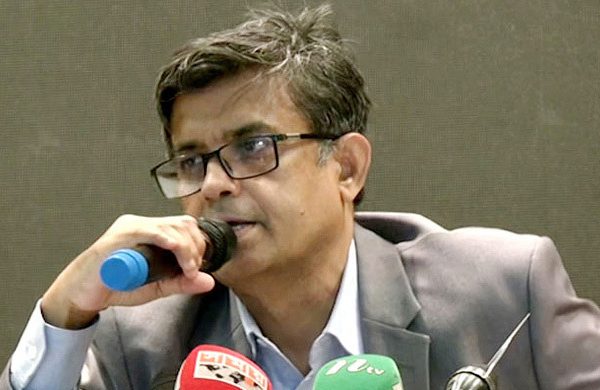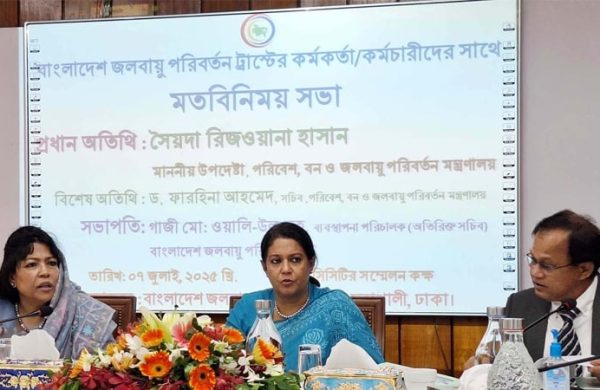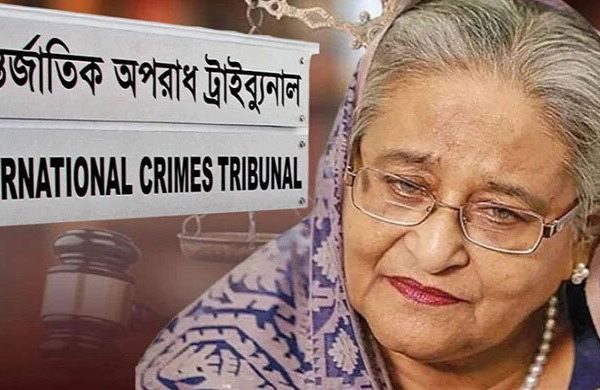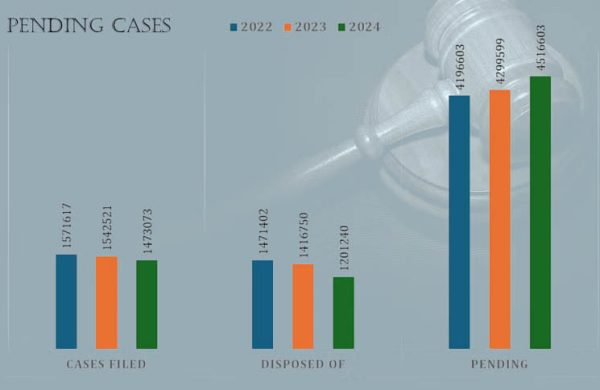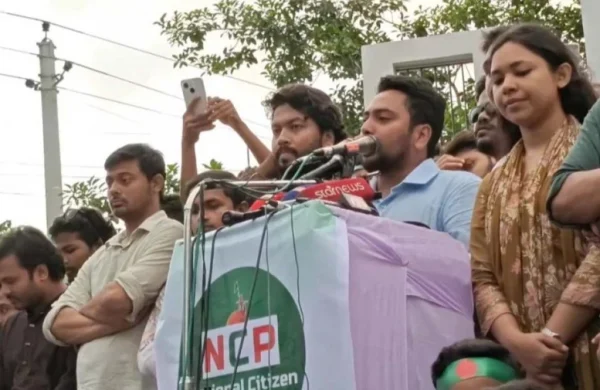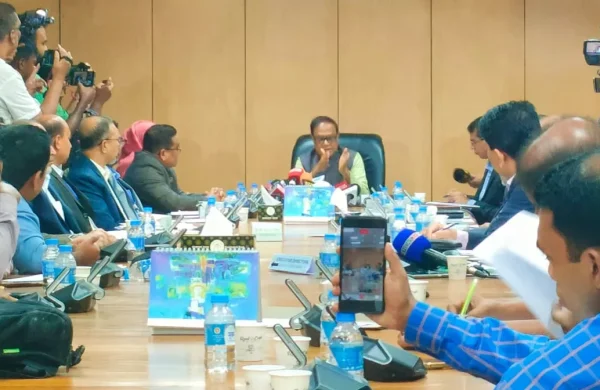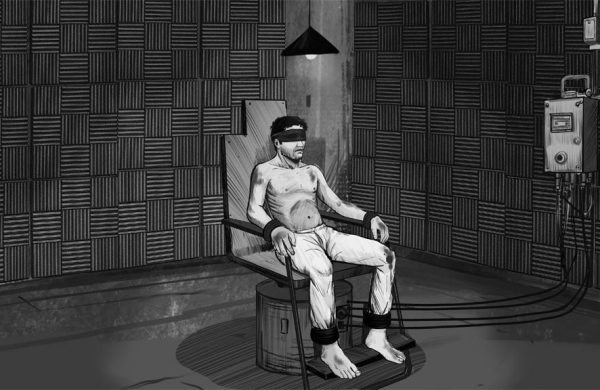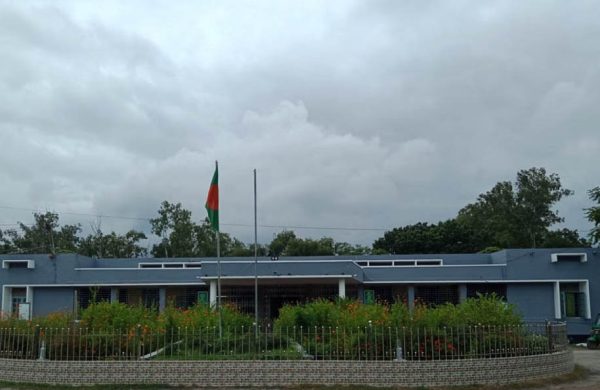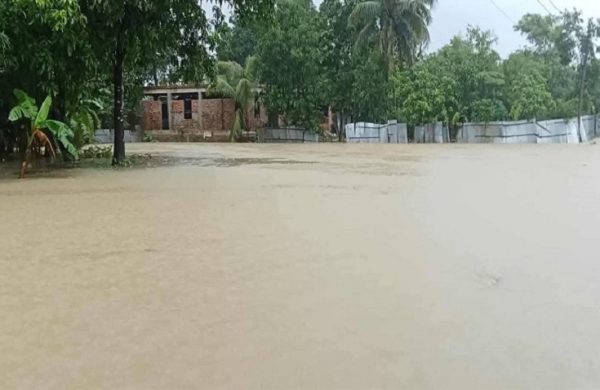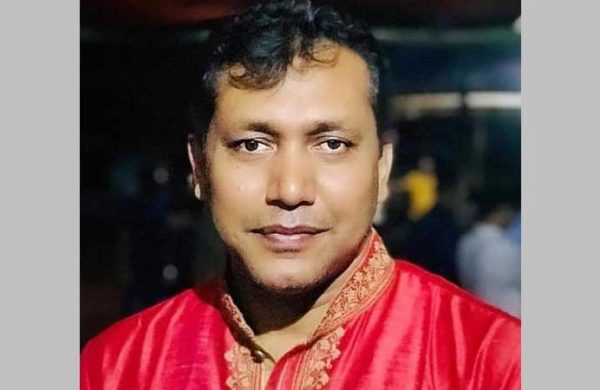All parties unlikely to reach a consensus on all reform issues: Ali Riaz
- Update Time : Monday, July 7, 2025
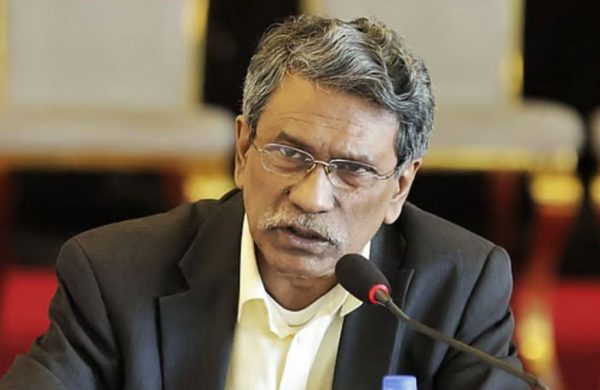
Staff Correspndent:
Vice-Chairman of the National Consensus Commission Professor Ali Riaz on Monday said all are unlikely to reach a consensus on every aspect of state reforms and mentioned that the commission is making sincere efforts to avoid any misunderstandings or confusion.
“We are striving to ensure that the proposals align with your (politicians’) views and aspirations,” said Dr Riaz while addressing the second round of discussion on its 10th day between the National Consensus Commission and political parties at the Foreign Service Academy in the capital.
Representatives from various political parties, including the BNP and Jamaat-e-Islami, took part in the session with Prof Ali Riaz in the chair.
Among the commission members present were Abdul Muyeed Chowdhury, head of the Public Administration Reform Commission; Safar Raj Hossain, head of the Police Reform Commission; Badiul Alam Majumdar, head of the Electoral System Reform Commission; Justice Emdadul Hoque, head of the Judicial Reform Commission; and Dr Iftekharuzzaman, head of the Anti-Corruption Commission Reform Commission.
Dr Ali Riaz clarified that the commission’s proposals do not require unanimous agreement. “I have repeatedly said, we will not agree on everything. When engaging separately with parties, I have made this clear from the commission’s side,” he said.
Citing examples, he mentioned that the proposal on forming a National Constitutional Commission (NCC) had faced objections from the majority of parties. In response, a revised proposal—not an entirely new one—was presented. “As everyone is stressing structural reforms, we are aligning with you on those fronts,” he added.
On the matter of core principles, he said, “There was initial objection to the inclusion of pluralism, so it was not included in the second revised version. Similarly, the proposal from the Public Administration Reform Commission to form four provinces did not achieve consensus at this stage, so it was left out of discussion.”
Ali Riaz acknowledged that compromises had to be made. “We are proceeding by leaving out several issues because consensus cannot be reached on all of them. Still, we must focus on areas where agreement is possible,” he said.
He added that progress had been made on some topics, while others remained under discussion or yet to be addressed. “Matters where preliminary consensus has already been reached have not been brought up on Monday. While political positions may differ, there is a collective effort to find common ground. We are focusing on crucial issues and attempting to reach agreement,” he stated.
Highlighting time constraints, Ali Riaz urged political parties to consider the importance of these discussions alongside their organisational commitments. “We had initially thought this would be the last meeting this week, allowing you to attend other engagements or informal consultations. But based on feedback from most parties, we will likely meet again once more this week,” he said.
“Next week marks the death anniversaries of Shaheed Abu Sayed and Mugdha. Despite those programmes, we must find time to continue our discussions,” he added.
Pointing at politicians, Dr Ali Riaz appealed for continued participation. “If you prioritise the commission’s meetings alongside your organisational activities, it will help us move forward.”
He reaffirmed the commission’s commitment, saying, “After our talks with you, the commission will sit to review how to revise proposals in line with your positions. We will keep up this effort wholeheartedly to avoid misunderstandings and ensure the proposals reflect your inputs and expectations.”


